Welcome, dear readers!
The bicentennial of the birth of the great Russian writer I. S. Turgenev, which we will celebrate in early November this year, is a significant event not only for Russia but also for the whole world.
It is hard to imagine how many generations of people have grown up on his works. Who among us has not studied at school in the teaching of literature such works of the writer as "Notes hunter", "Mumu", "noble nest", "Fathers and children"...
It is a pity that the curriculum does not study the biographies of great people, so few people know that Turgenev was not only a writer of world importance, but also a poet, publicist, playwright and public figure.
In this article, devoted to such a significant event, I want to tell you about the amazing fate of this man.
He was born, as you know, in the city of Orel, November 8, 1818 in the family of a bankrupt nobleman Sergei Turgenev and Barbara Petrovna Lutovinova, originating from a rich noble family.
When the boy was not yet twelve years old, his father left the family, where he had two other children-older brother Nicholas and younger-Sergei.
Raising children has a mother. Ivan from her and "caught" a love of literature, despite the fact that she, being a real tyrant, often brutally beaten by their sons.
This did not prevent her from being well-read and educated special, which is well versed in Russian and foreign literature, was interested in the work of modern poets and writers.
Another person who played a significant role in the formation of Turgenev as a writer was one of his mother's serfs. He also became the prototype of one of the main characters of the writer's story "Punin and Baburin".
Up to nine years, Ivan grew up in the family estate "Spasskoye-Lutovinovo", located 10 kilometers from Mtsensk. Then the family moved to Moscow, so that children could get a decent education.
At the age of 15 he entered the University at the faculty of words, but a year later he moved to the faculty of philosophy at the University of St. Petersburg due to the fact that his family moved to St. Petersburg.
As a student, he writes about a hundred poems, some of them published in the magazine "Contemporary" editor p. Pletnev.
Among them - " Evening "and "to Venus of Medicine". We know most of all his poem "Misty Morning", the words of which many composers wrote music.
Upon successful completion of education at the University, Turgenev, who dreamed of at that time about the career of a scientist, in 1838, the year he continued his education in Germany. There, in addition to the mandatory study subjects, he independently studied the ancient Greek and Latin languages.
One of the early works of the writer was the novel "Spring waters", written after a meeting with a certain girl that occurred in the German city of Frankfurt am main.
From 1830 to 1850, Turgenev formed a circle of literary acquaintances. He was surrounded by such masters of Russian literature as V. Zhukovsky, A. Koltsov, V. Belinsky, A. FET and others. He met with A. Pushkin and M. Lermontov, which is quite strongly reflected in his early work. The style of writing his works " The Old landowner "(1841)," Ballad "(1841) and" Confession " (1845) is similar to Lermontovsky.
Despite the obvious success in the scientific field, in 1844 Turgenev decided to devote himself to literary activity and even refused to defend his thesis.
From this moment on, his life is devoted to the service of art, in which he fights against serfdom, trying to make life easier for servile peasants.
This is especially evident in his "Notes of the hunter." Of course, his work is not a delight in the tsarist censorship, which tries to put obstacles, prohibiting or curtailing the works of the writer.
In order to have the opportunity to create, Turgenev left for France, he became the witness of the revolution in 1848, the year. Perhaps this was the reason that in 1850 he returned home. Then his mother died, and he in that part of possession that got to it by inheritance, tried as he could, to ease a situation of peasants.
In 1852, the writer was sent to exile in his family estate. The official reason was called writing an obituary for the death of N. Gogol, but everyone who knew the writer was sure that it was a far-fetched reason. The reason for the reference was the writing of Turgenev's works, which described the hard life of the peasants, criticized the government, which did not want to make any concessions to make life easier for the common people.
Thanks to the intervention of count Tolstoy, two years later Turgenev was again allowed to live in the capital, but was imposed a strict ban for the publication of new parts of the "Notes..." and reissues of the former. But they were published in a separate edition in Paris in 1854.
Many of the writer's masterpieces were published at home only after the death of Nicholas I, for Example, such as "Noble nest" (1859), "On the eve" (1860), "Fathers and children" (1862), etc.
He took an active part in the preparation of the peasant reform in 1861, and collaborated with the charity "Literary Fund".
Unfortunately, since 1860 Turgenev began to spoil relations with many of his former friends and associates. The reason for this was a certain discrepancy between the ideas that permeated all the works of the writer, and his civil position. He was only "for" the fact that there were significant changes in Russia, but he was against the fact that they were made in a revolutionary way. That's why he broke up with N. Dobrolyubov after the one in his article " When will the present day come?"linked the ideas set out in the novel "the Day before" with the planned revolution. For the same reason ended and his friendship with N. Nekrasov.
An even greater misunderstanding of further historical development of the country, and the ensuing painful rupture occurred in the writer with friends of youth, Alexander Herzen and Mikhail Bakunin in 1862, the year. It came to court proceedings, during the proceedings Turgenev was found innocent in the case of "persons accused of having relations with London propagandists", which finally spoiled relations with former friends.
Since 1863, the writer moved to live abroad, where he took quite an active part in the cultural life of Europe. Among his friends were famous writers, among whom were known to many of us Charles Dickens, Emil Zola, George sand, Victor Hugo and others. But he always remembered his roots, tried to acquaint foreigners with Russian literature, and at the same time acquainted his compatriots with foreign authors, making translations of books of European classics.
All the last years the writer lived in France. He came home only in the late 70's-early 80's, when he again returned to the love of the public. But in early 1882, the year in Russia came the alarming news about the deadly disease that hit him. From the beginning of the next year until his death on September 3, 1883, he suffered from severe pain, from which only morphine saved him. But in those days when he felt better, he continued to write his great creations.
Turgenev was buried at the Volkov cemetery in St. Petersburg. The funeral was attended by a great number of people, including 176 different communities. Many wreaths were laid, among them there was even a wreath with the inscription "to the Author "Mumu".
PS: You can reproach me for not saying anything about the writer's personal life, but this is another, separate topic, quite extensive and interesting, which has a right to exist.
I hope you liked my article, it was useful. In fact, I could not fit everything in the scope of this article. I. S. Turgenev was an outstanding personality, and we should remember and tell about him to our children and grandchildren.
Thank you for your attention, see you soon!
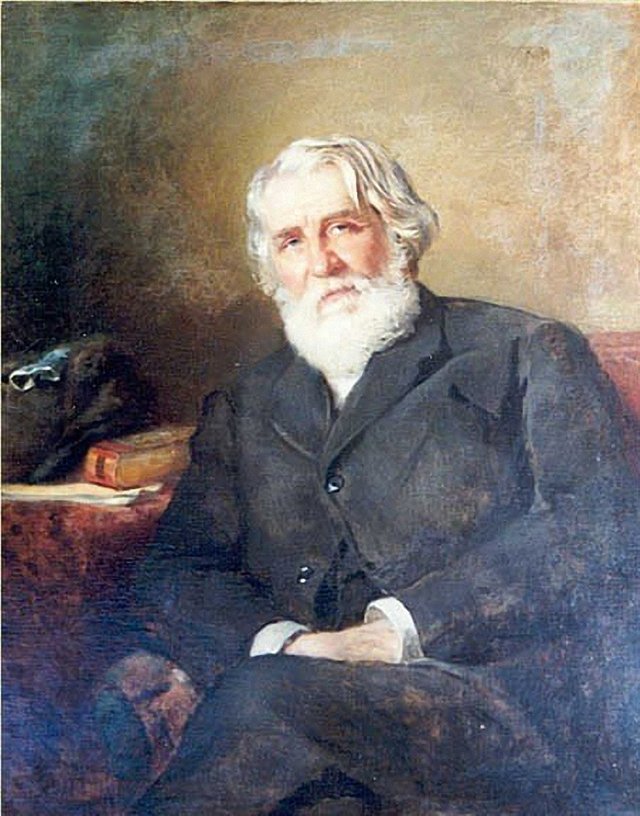
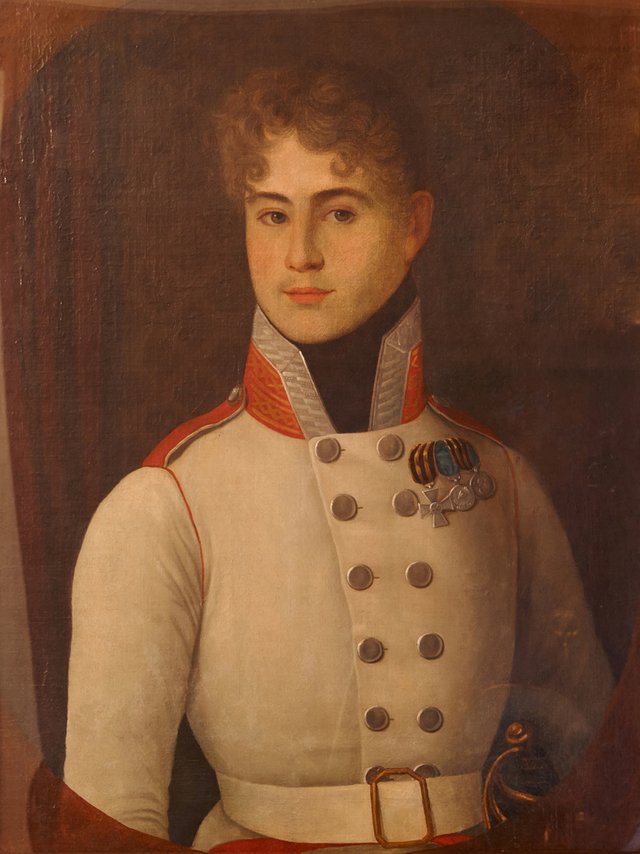
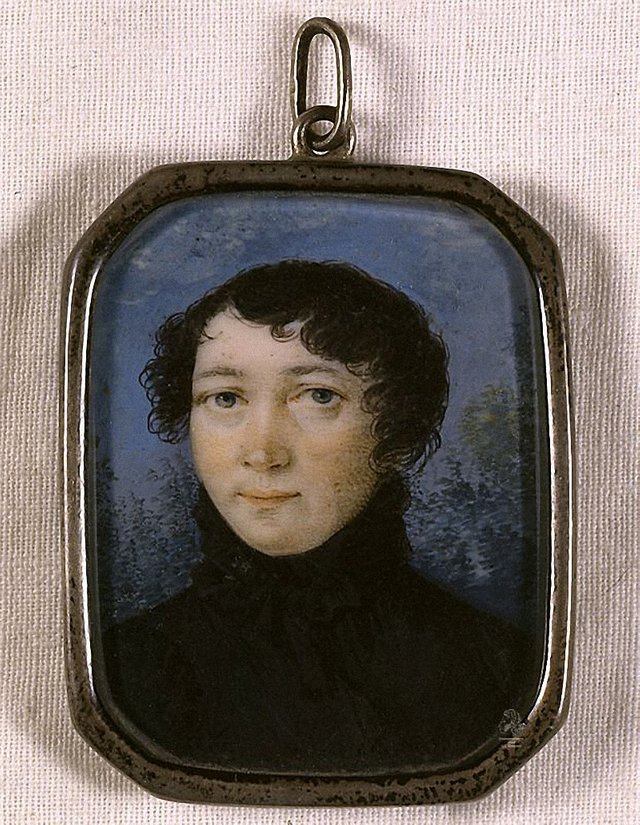
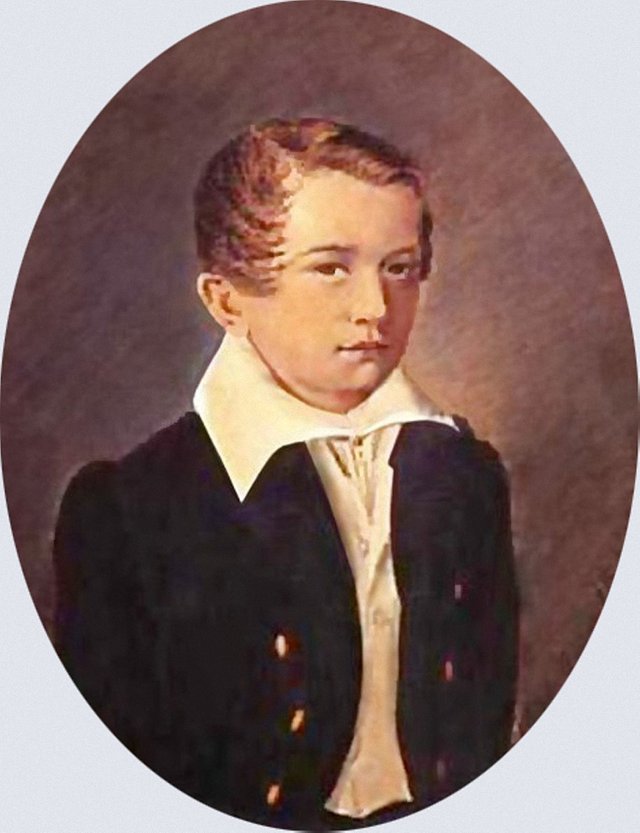
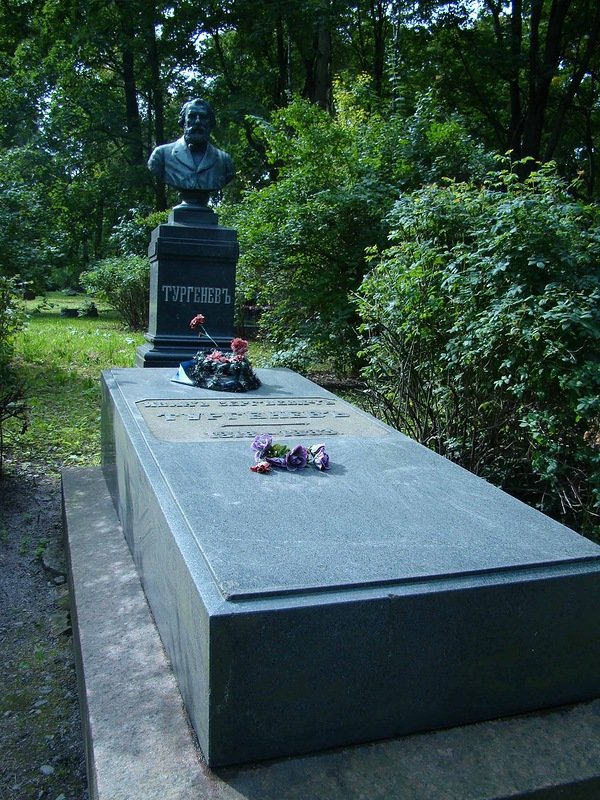
thank you for sharing this with us @mrfantastis, though I admitted that I've never read any of his books, maybe because it's hard to find a russian author books in Indonesia in the past, but I think there must be soem of his books in my country now.
glad that you write this in English (though english is not my native too, LOL) but this article is interesting. keep posting and have a good day.
Downvoting a post can decrease pending rewards and make it less visible. Common reasons:
Submit
thank you for guiding me to this blog @cicisaja
Downvoting a post can decrease pending rewards and make it less visible. Common reasons:
Submit
Hahaha.. i just found it before you.. and I sneak on your draft before😊
Downvoting a post can decrease pending rewards and make it less visible. Common reasons:
Submit
Thank you, @cicisaja, for your assessment and opinion.
Downvoting a post can decrease pending rewards and make it less visible. Common reasons:
Submit
You can write a comment in your language and I can use google translate 😉 the best way to grow on steemit is interaction with others. So what's "mumu" story about?
Downvoting a post can decrease pending rewards and make it less visible. Common reasons:
Submit
Да, Вы правы! Общение, взаимопонимание и взаимодействие помогают нам лучше понимать друг друга и способствуют нашему духовному росту.
"Муму" - небольшой, но очень трогательный рассказ о тяжелой судьбе крепостных крестьян. Главный герой - глухонемой дворник Герасим по приказу своей госпожи утопил любимую собаку по кличке Муму. Но потом в знак протеста собрал свои вещи и ушел в свою родную деревню...
Я в детстве, когда читала эту историю, плакала.
Downvoting a post can decrease pending rewards and make it less visible. Common reasons:
Submit
Ого, оказывается, история очень печальная, это история, которую дети теперь читают в российских школах? рабство? есть ли история рабства, как и в России?
Downvoting a post can decrease pending rewards and make it less visible. Common reasons:
Submit
Эта история включена в школьную программу уже почти 100 лет))
Крепостное право (рабство) в России отменили еще в 1861-м году.
Downvoting a post can decrease pending rewards and make it less visible. Common reasons:
Submit
Hello @mrfantastis, glad to know that I'm not the only one who doesn't have english as my natives language too and really like your articles, I came to let you know that I have featured you in the pifc this week, please take a look at this link if you have time Week 19: Pay It Forward Curation Contest
thank you
Downvoting a post can decrease pending rewards and make it less visible. Common reasons:
Submit
Thank you, @dipoabasch, for your assessment and opinion.
Downvoting a post can decrease pending rewards and make it less visible. Common reasons:
Submit
Wow! It is amazing that you were able to come up with the biography of a man from two centuries ago. That must be a great research.
I came across you post through @dipoabasch who featured it here: Pay it forward curation contest.
Downvoting a post can decrease pending rewards and make it less visible. Common reasons:
Submit
Thank you! I'm glad you liked my post!
Downvoting a post can decrease pending rewards and make it less visible. Common reasons:
Submit
You're welcome. 😊
Downvoting a post can decrease pending rewards and make it less visible. Common reasons:
Submit
This is a very informative and well written post, I'm just curious what your sources were; I think it is always a good idea to list them in your post somewhere. Loved the history lesson though!
I found your post because @dipoabasch featured you in his entry to our Pay if Forward Curation Contest.
Downvoting a post can decrease pending rewards and make it less visible. Common reasons:
Submit
Thank you! I'm glad you liked my post! Sources of information are freely available on the Internet. In particular, you can read here: https://ru.wikipedia.org/wiki/%D0%A2%D1%83%D1%80%D0%B3%D0%B5%D0%BD%D0%B5%D0%B2,%D0%98%D0%B2%D0%B0%D0%BD%D0%A1%D0%B5%D1%80%D0%B3%D0%B5%D0%B5%D0%B2%D0%B8%D1%87 but it's not the only source.
Downvoting a post can decrease pending rewards and make it less visible. Common reasons:
Submit
Oh, thanks @mrfantastis. It's a good idea to source it in your post so others don't ever accuse you of plagiarizing here; just so you know.
Downvoting a post can decrease pending rewards and make it less visible. Common reasons:
Submit
I came to your post because @dipoabasch featured you in his entry to our Pay if Forward Curation Contest.
Downvoting a post can decrease pending rewards and make it less visible. Common reasons:
Submit
Thank you!
Downvoting a post can decrease pending rewards and make it less visible. Common reasons:
Submit
Доброго времени суток! Я попал сюда, поскольку @dipoabasch упомянул Вас в своем посте для участия в "Pay it forward" конкурсе. Спасибо большое за статью. Приятно было вспомнить школьные годы и работы: "Муму", "Записки охотника". Узнал много нового о писателе. Удачи в Вашем деле!
Downvoting a post can decrease pending rewards and make it less visible. Common reasons:
Submit
Здравствуйте, @alexbiojs! Я рада, что Вам понравилась моя статья. Благодарю Вас за Ваше мнение и пожелания удачи.
Желаю Вам тоже удачи во всем!
Downvoting a post can decrease pending rewards and make it less visible. Common reasons:
Submit
Thanks, @mrfantastis! I've found you after reading this post by @dipoabasch!
Downvoting a post can decrease pending rewards and make it less visible. Common reasons:
Submit
Thank you, @trincowski!
Downvoting a post can decrease pending rewards and make it less visible. Common reasons:
Submit
Congratulations! This post has been upvoted from the communal account, @minnowsupport, by mrfantastis from the Minnow Support Project. It's a witness project run by aggroed, ausbitbank, teamsteem, someguy123, neoxian, followbtcnews, and netuoso. The goal is to help Steemit grow by supporting Minnows. Please find us at the Peace, Abundance, and Liberty Network (PALnet) Discord Channel. It's a completely public and open space to all members of the Steemit community who voluntarily choose to be there.
If you would like to delegate to the Minnow Support Project you can do so by clicking on the following links: 50SP, 100SP, 250SP, 500SP, 1000SP, 5000SP.
Be sure to leave at least 50SP undelegated on your account.
Downvoting a post can decrease pending rewards and make it less visible. Common reasons:
Submit